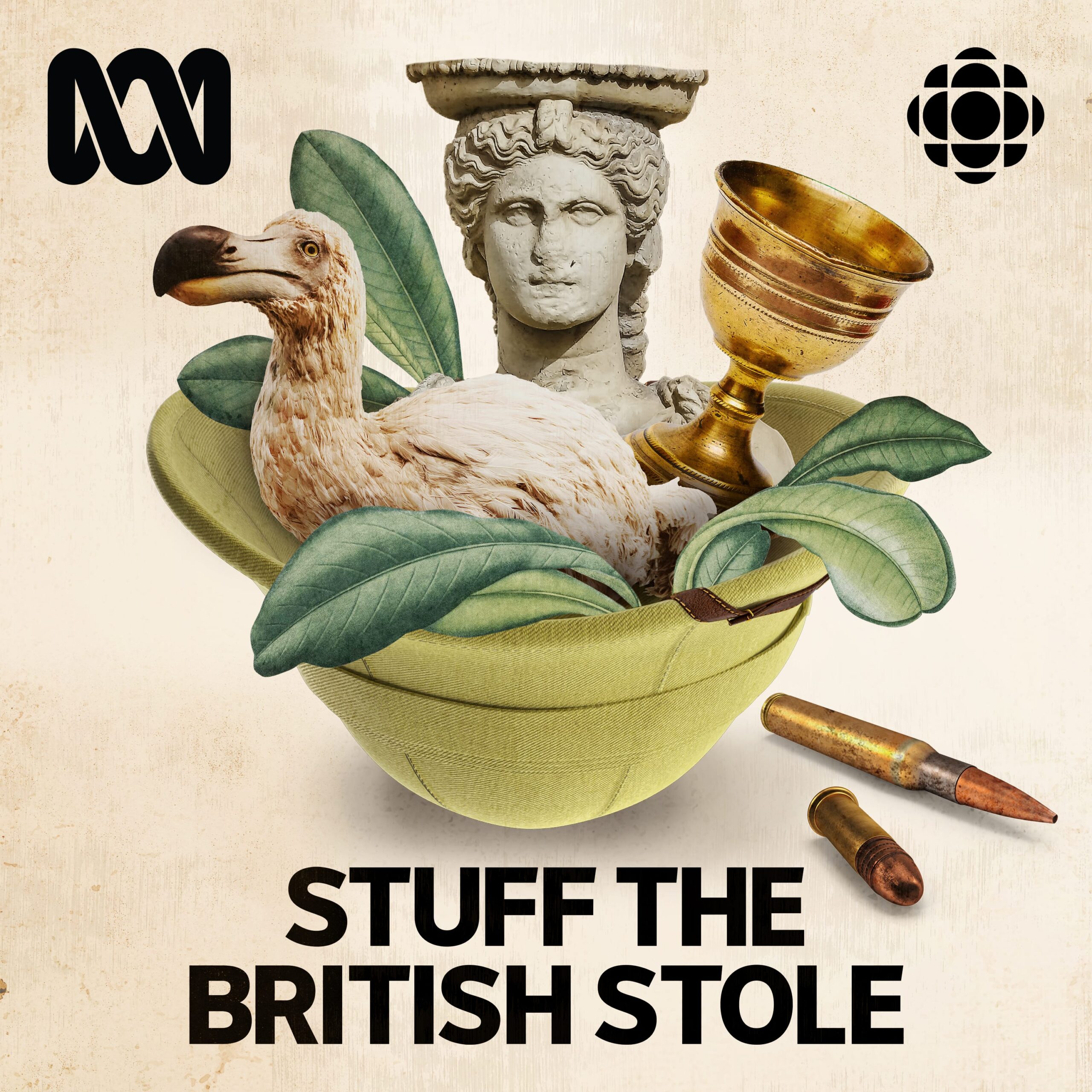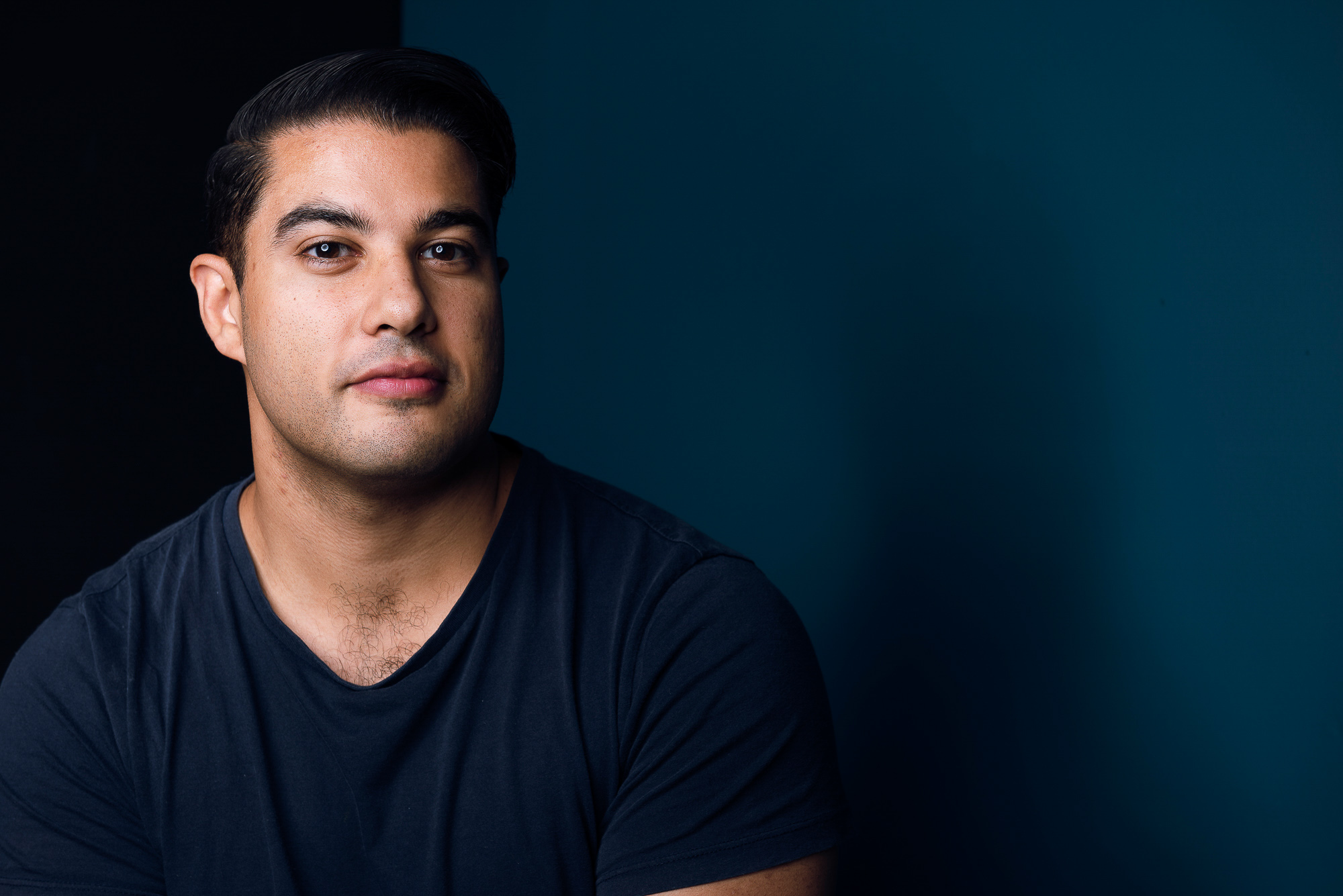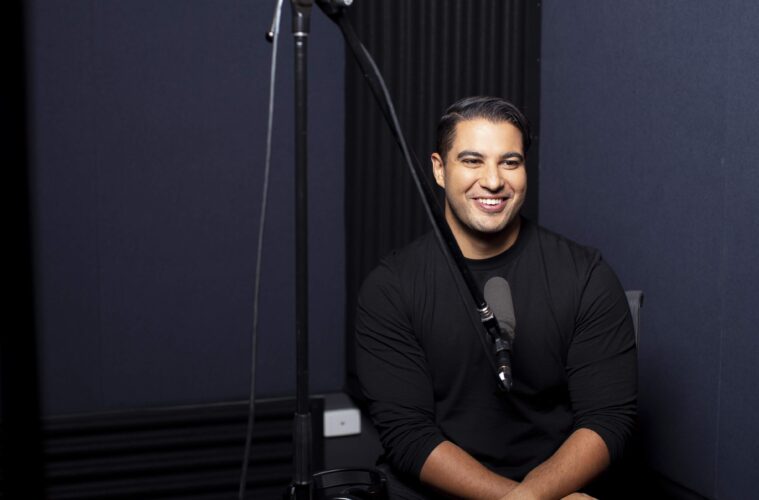Season two of “Stuff The British Stole” hosted by Marc Fennell launched on October 20th, exploring the not-so-polite history behind artifacts housed in museums around the world.
Marc Fennell is an award-winning international journalist and documentary maker. He’s worked across the globe reporting on everything from the Hong Kong protests to a $10 million heist of Californian nuts.
He has been honoured internationally by The Webby Awards and nominated for Europe’s prestigious Rose d’Or. He is a five-time New York Festivals award winner and was named one of the 40 Under 40 Most Influential Asian-Australians (2019).
Fennell is currently the host of the Australian edition of the iconic quiz show “Mastermind”, the groundbreaking documentary series “The School That Tried to End Racism” and national current affairs programs “The Feed and Dateline”.
Marc Fennell is the creator of the ‘Stuff The British Stole’. The series shot to #1 on Apple Podcasts Australia and garnered widespread international acclaim.
Throughout its reign, the British Empire stole a lot of stuff. Today, those objects are housed in museums and cultural institutions across the U.K. and the world. They usually come with polite plaques. This award-winning series is about the not-so-polite history behind them.
In each episode, Marc Fennell picks one artifact and takes you on the wild, evocative, sometimes funny, often tragic adventure of how it got to where it is now. Ultimately, this isn’t really a series about the past. It’s about making sense of the world we have today.
Stuff The British Stole With Marc Fennell

How did you come up with the idea and topic for the series?
An old work colleague and I were joking about how much stuff was probably stolen from museums, so I actually started looking into it when I had 3 days to spare in London at the tail end of 2019. I had my microphone with me so I arranged chats with historians and started digging into the backstories of a handful of objects. It soon became clear that these artifacts each held a much bigger story. As I tracked their journey to the genteel institutions, I found stories of wars, trade, heists, murder, and obviously, theft. Whether it was a tiger, a stolen dog or a set of bronze sculptures, the objects all illuminated what happened to the world in the wake of the British Empire.
But then I realized that I myself was part of this tapestry of the past. I’m Indian, Irish, and was raised in Australia. I literally wouldn’t exist without the British Empire. So how do we reconcile the often dark impact colonialism has on our own existence? The artifacts became a powerful way to explore these really complex histories. I often say that this isn’t really a series about the past, it is actually about how we ended up with this world that we have today – simply told through the treasure hunt for these stolen artifacts.
Why is it important for today’s society to comprehend where these “British treasures” came from?
The history that’s often presented to us in the form of plaques is often deeply sanitized and polite. But our real history was really not all that polite. And I think if more people were aware of the complexity in our history they would approach the major issue of, say, race in a completely different fashion.

How can learning about this today help build a better future and compensate others for past wrongdoings?
How we compensate for the past is a big question that I may not be the right person to answer. However, I do think we have to at least start from a position of telling the truth about what happened: what we know and what we don’t. That will set the parameters for future justice. It all starts with honesty, which is something we still struggle with.
Why do you think this topic has started to resonate more in today’s generations?
I must admit it’s been totally amazing to me how much the series has blown up around the world. I get emails from the USA to Canada, Mauritius and China – all people asking us to investigate objects.
On a more elemental level, so many of our families come from colonized lands. Indeed, if you can read these words in English then you have in some way been touched by the British Empire. Its impact was ubiquitous to the point that it can almost seem invisible. I think a lot of people like the series because this treasure hunt helps make sense of who they truly are.
Make sure to catch Marc Fennell and “Stuff The British Stole” on CBC Podcasts.
Published by HOLR Magazine


